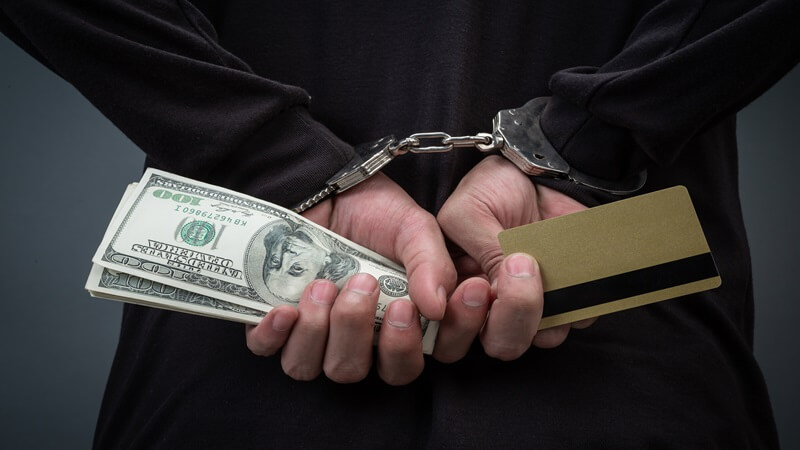Navigating the bail bond process can be confusing, especially when it comes to understanding when and how you get your money or collateral back. Whether you paid cash directly to the court or secured a loved one’s release through a bail bondsman, it’s important to know your rights and what to expect. Here’s a breakdown of how bail bond refunds work and when you can expect to see your money returned.
Understanding the Difference: Cash Bail vs. Bail Bonds
First, it’s important to distinguish between cash bail and bail bonds:
- Cash Bail: You or someone on your behalf pays the full bail amount directly to the court.
- Bail Bond: You pay a percentage (usually 10%) to a licensed bail bond agent, who then posts the full amount to the court on your behalf. Collateral may also be required.
Each method has different rules when it comes to refunds.
When You Get Cash Bail Back
If you paid cash bail directly to the court, you’re generally eligible for a full refund, regardless of whether the defendant is found guilty or not, as long as they attend all required court dates. Once the case concludes, the court will process the refund.
However, keep in mind:
- Processing time varies by jurisdiction and can take several weeks or even months.
- Court fees or fines may be deducted from the total refund.
- Refunds are usually sent by check to the person who originally paid the bail.
What About Bail Bond Premiums?
If you worked with a bail bondsman, the premium you paid (typically 10%) is non-refundable. This is the fee for the service the bondsman provides and is retained regardless of the case outcome. It’s important to understand this upfront, many people mistakenly assume they’ll get that money back once the case is closed.
When Is Collateral Returned?
In some cases, bail bond companies require collateral in addition to the premium. This could include:
- Real estate
- Vehicles
- Jewelry
- Bank accounts
- Other personal property
Collateral is held as security to ensure the defendant appears in court. However, if the defendant skips court or violates terms of the bond agreement, the collateral may be forfeited to cover the full bail amount the bondsman now owes the court.
How to Protect Your Refund Rights
To protect your finances:
- Get everything in writing, including the terms of collateral and refund policies.
- Ask questions before signing a bail bond agreement.
- Ensure the defendant complies with all court requirements to avoid forfeiture.
- Keep records of all receipts, agreements, and court documents.
Conclusion: Know What to Expect
Understanding how bail refunds work can ease the stress during an already difficult time. Whether you paid cash or used a bail bondsman, knowing what’s refundable and what’s not can help you make informed decisions. By staying informed and following the process carefully, you can ensure your money or property is returned in a timely and secure manner.
For more info visit Busines Stylish
